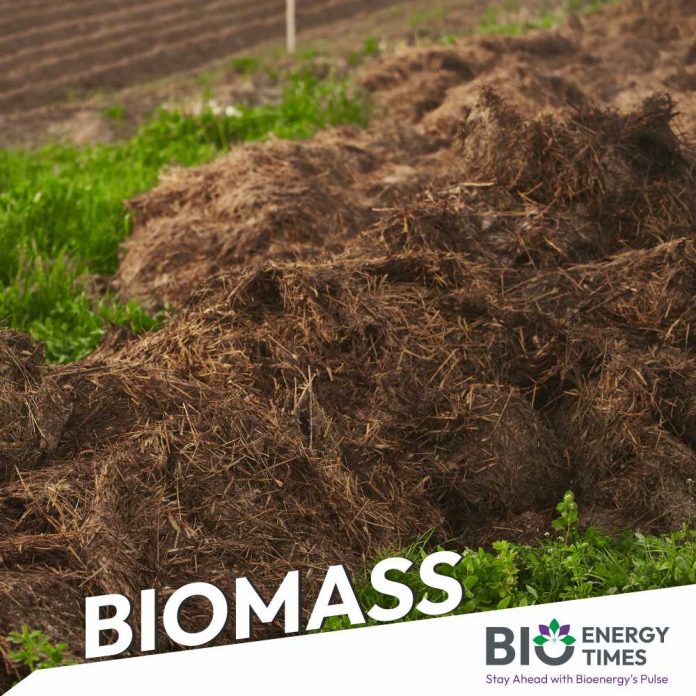Research from the School of Biological and Environmental Sciences at Liverpool John Moores University is advancing the commercial cultivation of Miscanthus grass, a crucial material for the growing biomass energy sector, reported Bioenergy Insight.
Under the guidance of Dr. Richard Webster, a senior lecturer in plant biology, the team has developed Miscanthus hybrids designed to enhance seed production. “Seed production will allow us to expand Miscanthus planting. This technology is proven and operational; now we need greater support from the UK government for the biomass industry,” Webster stated.
The study, published in *Industrial Crops and Products*, investigates techniques for reliably producing seeds by synchronizing the flowering periods of leading Miscanthus species to create viable hybrid varieties.
Dr. Danny Awty-Carroll, a postdoctoral research associate at the School, explained, “Breeding two species together combines the best traits from both, leading to improved hybrids. Alongside developing methods for species synchronization, we have enhanced seed production and agronomy in both field and semi-commercial settings.”
Miscanthus is noted as a prime candidate for low-input bioenergy production in Europe due to its minimal water requirements compared to traditional crops. This makes it particularly suitable for regions facing water shortages and drought. Its deep, non-destructive root system helps conserve water and mitigate flooding.
The study’s findings advance the ability to produce Miscanthus varieties tailored to different climates and optimize their growth. “Seed represents the future. It will allow us to breed varieties adapted to various locations, soils, and climates,” Webster added.
UK-based Miscanthus specialist Terravesta is applying the methods from the LJMU study to enhance seed production and develop varieties with desirable traits for commercial cultivation in the UK and Europe. “Terravesta is advancing seed development and agronomy, while also increasing rhizome propagation. Rhizomes remain crucial, as improved propagation supports seed development. There will always be a need for Miscanthus rhizomes,” concluded Webster.
To read more about Biomass Industry News, continue reading BioEnergyTimes.com















